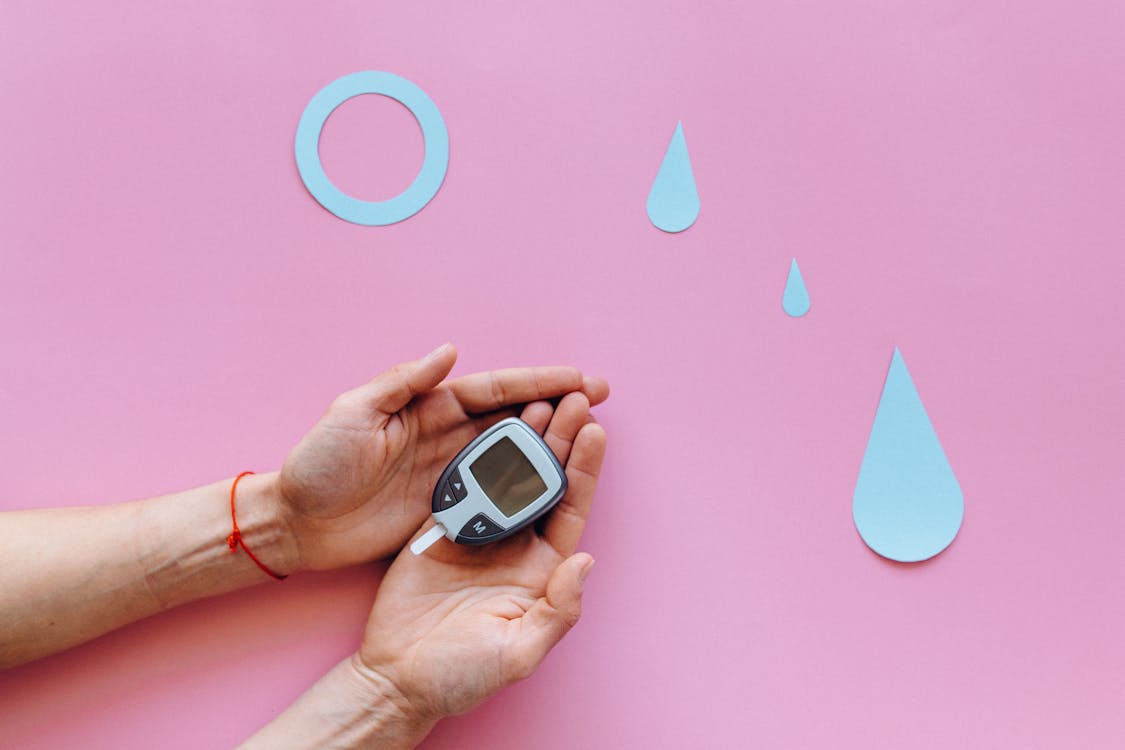7 ways to lose weight – diabetes-friendly diet
1. Choosing whole foods helps in losing weight
Opting for whole foods can be a pivotal strategy in the journey towards weight loss. These foods, in their unprocessed or minimally processed state, tend to be richer in essential nutrients, fiber, and satiating components like proteins and fats. They can help keep you feeling fuller for longer periods, reducing the likelihood of overeating or succumbing to unhealthy snacks. Embracing whole foods also means embracing a more diverse range of nutrients, which can contribute to overall better health and sustained weight management.
Read Also:
Tips for a Good Night’s Sleep: Creating a Relaxing Bedtime Routine
2. Control portion sizes for weight loss
Control portion sizes is a fundamental principle in any effective weight loss regimen. It’s not just about what you eat, but how much you consume. Even nutrient-dense foods can contribute to weight gain if eaten in excessive amounts. By being mindful of portion sizes, individuals can better regulate their caloric intake, leading to gradual and sustainable weight loss. This approach also fosters a healthier relationship with food, promoting mindful eating habits and a greater appreciation for the flavors and textures of each meal.

3. Limit refined carbs and sugars for a diabetes friendly diet
Limiting refined carbohydrates and sugars is paramount, particularly for individuals managing diabetes. These types of carbohydrates can cause rapid spikes in blood sugar levels, placing strain on the body’s insulin response mechanisms. By opting for complex carbohydrates found in whole grains, fruits, and vegetables, individuals can maintain more stable blood sugar levels throughout the day. This not only supports diabetes management but also promotes overall well-being and energy levels. Additionally, reducing sugar intake can help curb cravings and reduce the risk of various health complications associated with excessive sugar consumption.
4. Include protein in every meal to avoid overeating
Including protein in every meal is a wise approach to prevent overeating. Protein is known for its ability to promote satiety, helping individuals feel full and satisfied after meals. By incorporating protein-rich foods such as lean meats, poultry, fish, eggs, tofu, legumes, and dairy products into each meal, one can effectively curb cravings and reduce the likelihood of excessive calorie consumption. Moreover, protein plays a crucial role in supporting muscle growth and repair, which is essential for overall health and metabolism.

Read Also:
How To Reduce Your Weight Under 45 Days: Tips And Solutions
5. Eat regularly to maintain blood sugar level
Eating regularly throughout the day is essential for maintaining stable blood sugar levels, especially for individuals with diabetes or those prone to fluctuations in energy levels. By spacing meals and snacks evenly throughout the day, individuals can avoid extreme spikes and dips in blood sugar, which can lead to feelings of fatigue, irritability, and cravings for unhealthy foods. Consistency in meal timing also helps regulate appetite and metabolism, supporting overall well-being and weight management efforts.
6. Stay hydrated to lose weight faster
Staying hydrated is indeed a key component of any weight loss journey. Water not only helps flush out toxins from the body but also plays a vital role in regulating metabolism and promoting feelings of fullness. Drinking an adequate amount of water throughout the day can help curb hunger, prevent overeating, and support the body’s natural fat-burning processes. Additionally, opting for water over sugary beverages reduces calorie intake and promotes overall hydration, which is essential for optimal health and vitality.
7. Monitor your blood sugar levels time to time
Monitoring blood sugar levels regularly is crucial for individuals with diabetes to ensure proper management of the condition and prevent complications. By regularly checking blood glucose levels, individuals can adjust their diet, medication, and lifestyle habits as needed to maintain stable blood sugar levels. This proactive approach empowers individuals to take control of their health and make informed decisions about their diabetes management plan. Regular monitoring also helps identify patterns and trends in blood sugar levels, allowing for early intervention and better long-term outcomes.

Read Also:
Way To Improve Your Mental Health And Become Best Version Of Yourself




